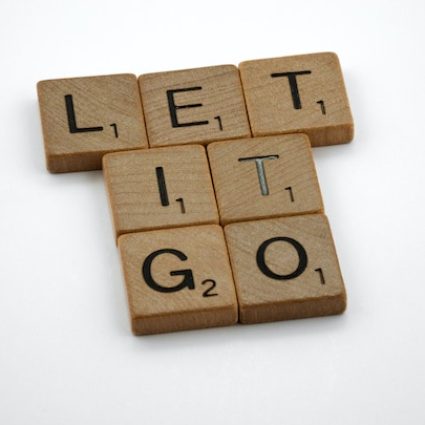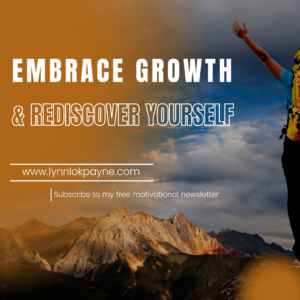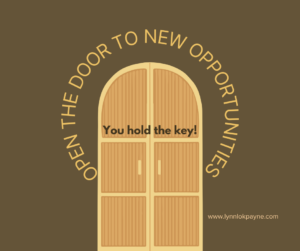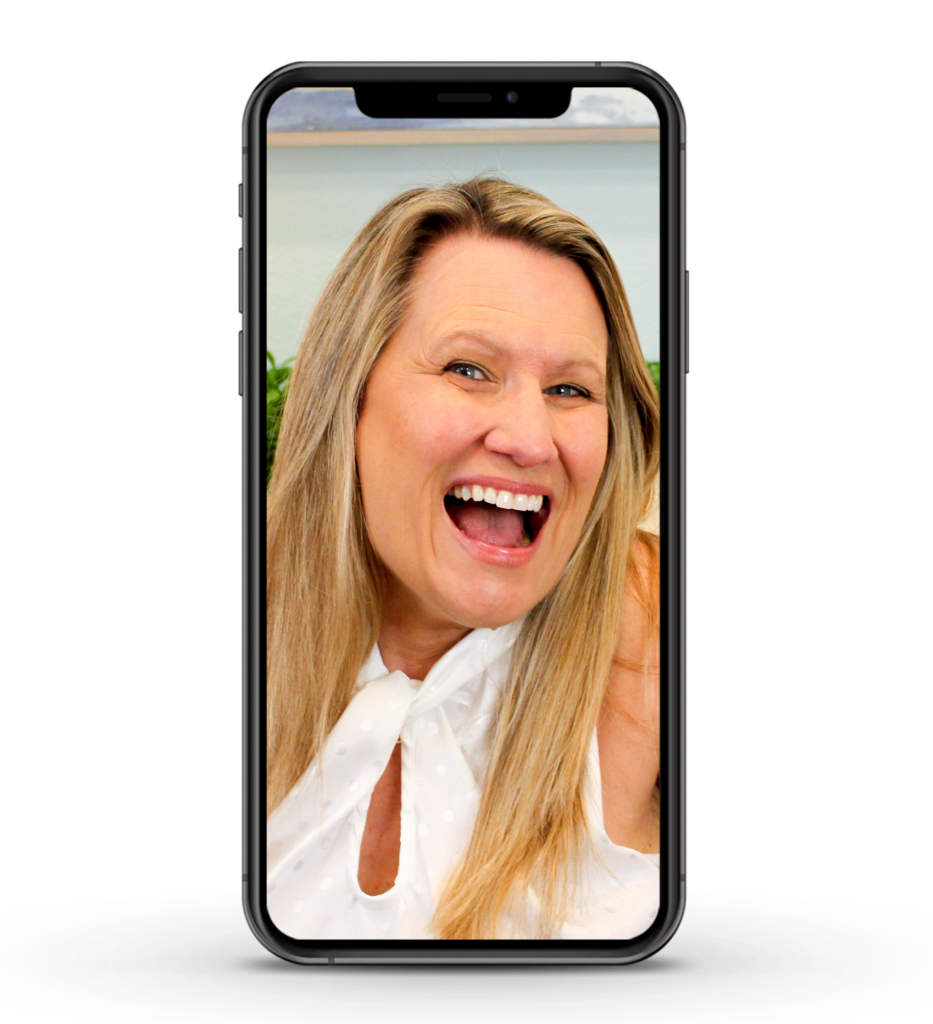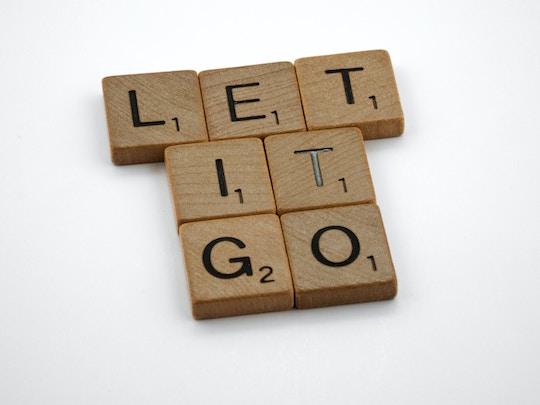
AFFIRMATION: I bring compassion to all situations.
Why do humans jump to conclusions and place judgment before we know all the facts? We have all probably heard the expression: “First impressions are lasting impressions,” but may not know why we seem to instantly judge a person or circumstance. It is because our brains are wired to quickly assess a situation in order to protect us. In earlier times, this survival mechanism monitored our surroundings to safeguard us from harm, such as when a wild animal may have been hiding in the bushes. Located deep in the brain, the amygdala is a set of neurons which plays a key role in processing emotions such as pleasure or fear. It can respond in milliseconds, even before we process who or what a person looks like.¹ Though these interpretations are instantaneous, it is how we react to them that is important.
Everyone’s Experiences are Different
Sometimes we feel compelled to offer well-intended advice based on our perceptions, which—although we may be trying to help—can come across as judgmental. Advice is given based on our own experiences, but our pasts are unique. What works for you may not work for another. Each life story is different so we should be more open instead of using judgment.
We can never judge the lives of others, because each person knows only their own pain and renunciation. It’s one thing to feel that you are on the right path, but it’s another to think that yours is the only path. — Paulo Coelho, Brazilian novelist, writer, lyrist
I attended a lecture by Kelly Corrigan, who has written memoirs about her family life and surviving breast cancer. Soon after she was diagnosed, her mother learned of other women with breast cancer and told Kelly she should talk to them. The mother’s intention was to help her daughter, but Kelly responded by saying that each person’s cancer and experience is different. A treatment that works for one person may not work for another, even if they have the same type of cancer. Her comment really stuck with me. Even though people may confront the same situation, their experiences, and the results, will be unique. We can share ideas, but we should not be critical of others if they do not agree with our perception. There is no one correct way so we shouldn’t judge.
The least amount of judging we can do, the better off we are. — Michael J. Fox, Canadian-American actor, author, advocate
After my husband died and our house fire, I received lots of advice on what I should do. Several people asked me, “When are you going to sell your house?” What I believe they were really asking was, “Why are you not moving?” The first time the question came up, I was not bothered. But there were a few people who kept bringing it up. I was depressed and in deep grief, so I knew I should not be making any major life decisions, like selling a house. Some suggested I should get a dog for companionship, but I could barely take care of myself and my daughter.
I know these questions and concerns came from people who truly cared for me and meant well, but they were seeing my situation from their own point of view. Maybe moving or getting a pet would have been good for them, but I wondered if they would have followed their own advice if they were really in my situation. As the saying goes, “Before you judge a man, walk a mile in his shoes.” This idiom may have originated from the poem, “Walk a Mile in His Moccasins,” published by Mary T. Lathrop in 1895. It was originally called “Judge Softly.”
Just walk a mile in his moccasins
Before you abuse, criticize and accuse.
If just for one hour, you could find a way
To see through his eyes, instead of your own muse.
Mirror Reflection Test
At times, I have judged another person’s behavior only to recognize the same behavior in myself. Someone else’s conduct can bring attention to our own unwanted actions. Judging is also a defense we use to avoid examining ourselves. When I find myself having critical thoughts of another, I use what I call The Mirror Reflection Test. I imagine that I’m looking into a mirror and asking, “Is this behavior something I do as well?” Plenty of times the answer yes is reflected back to me. Judgment can also be a mirror reflecting our own dislikes. When we start judging someone, we should ask ourselves, Why am I judging? Finding the reason to this question may help to cease the scrutiny.
Everything that irritates us about others can lead us to an understanding of ourselves. — Carl Jung, Swiss psychologist, psychiatrist, analytic psychology founder
I have discovered that judgment usually stems from my own feelings of insecurity or deficiency. We only judge others when we ourselves are not in a good place, because if we were, judgmental thoughts would not be coming to mind. As Brené Brown, a shame and vulnerability research professor, states in her book, Daring Greatly, “We judge people in areas where we’re vulnerable to shame, especially picking folks who are doing worse than we’re doing. If I feel good about my parenting, I have no interest in judging other people’s choices.”² When we feel worthy and confident in our decisions, judgment does not exist—it only feeds on vulnerable emotions.
3 Steps to Release Judgment
The first step to revising judgmental thoughts is to acknowledge that everyone has their own path in life. It is not our job to tell others what to do or how to live. The choices other people make are none of our business. I am responsible only for my own journey. If I feel someone has made a mistake, so be it. It is not my place to determine what is right or wrong for them. By trying to understand the “why” behind people’s choices, often I have found that their decisions did make sense based on their past experiences, not mine. This was a huge discovery for me. Once I accepted this, I wasn’t as bothered by others’ actions.
The second step is to look at our own self-judgment. Our inner self-talk can be more harsh, negative, and judgmental than we would tell others. We can hold ourselves up to such high standards that aren’t reasonable and this can make us feel unworthy. We need to revise this destructive mental chatter into something more positive and empowering.
The third step is to let it go. This is sometimes easier said than done, but releasing judgment of ourselves and others, is vital to overall well-being. When we can let go of judgment, we create more space for peace.
People take different roads seeking fulfillment and happiness. Just because they’re not on your road doesn’t mean they’ve gotten lost. — 14th Dalai Lama, Tibetan Buddhist monk, spiritual leader, peace activist
Now, when I catch myself judging, I step back and question, Is my viewpoint really that important? If not, I let it go. Freeing ourselves from judgment is always within reach.
Let’s honor our diversities by not judging others whose thoughts and actions do not align with our own. Everyone has a personal journey with lessons to learn. When we release judgment and replace it with compassion, we bring understanding and wisdom out into the light.
Photo by Brett Jordan on Unsplash
8 Steps to Improve Negative Self-Talk
- Alexandra Sifferlin, “Our Brains Immediately Judge People,” Time, August 6, 2014, https://time.com/3083667/brain-trustworthiness/.
- Brené Brown, Ph.D., Daring Greatly, (New York: Penguin Group, 2012), 99.

